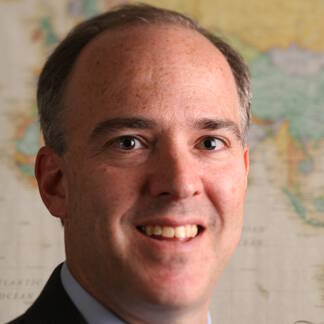Voices

Daniel Philpott is a professor of political science at the University of Notre Dame. He is the author of Just and Unjust Peace: An Ethic of Reconciliation (2012) and has been involved in reconciliation as an activist in Kashmir and in the Great Lakes Region of Africa, as well as in efforts to address the sexual abuse crisis in the Catholic Church.
Politics & SocietyShort Take
It is not too early to imagine a ‘just peace’ in Ukraine. But ending the armed conflict is not enough; Russia may need to undertake reparative measures including formal apologies and financial reparations.
FaithShort Take
Nation-states have modeled a holistic approach that involves all who were affected by injustice and may contribute to a solution. The church can do the same as a response to the clerical sex abuse crisis.
Politics & SocietyShort Take
The timetable for reopening college campuses should not be driven solely by fear and risk management, writes Daniel Philpott. The University of Notre Dame is taking the right approach in returning to the classroom.
Politics & SocietyShort Take
President Trump may be a flawed messenger, but his administration is making significant progress in promoting global religious freedom, writes Daniel Philpott of the University of Notre Dame.
Arts & CultureBooks
In her new book on 'Red State Christians,' Angela Denker seeks “greater engagement and conversation at a time when America feels pulled to its extremes, when our first national impulse is to block and unfriend anyone who disagrees with us."
FaithFaith and Reason
Does the Church, as the Body of Christ, offer a response to the sex abuse scandals?
While the Catholic Church eventually left Christendom behind, ‘Islamdom’ still predominates among the world’s Muslim thinkers.
On the Feast of St. Maximilian Kolbe, remembering the thousands who die for their faith each year.
Politics & Society
Justice and reconciliation in the aftermath of atrocities
Christian ethicists are far more reticent about how the United States should proceed in an Iraq exploding with car bombs than they were about whether to launch the present war in the first place. Their reserve is unsurprising, for both just war ethicists and pacifists have much to say about whether









